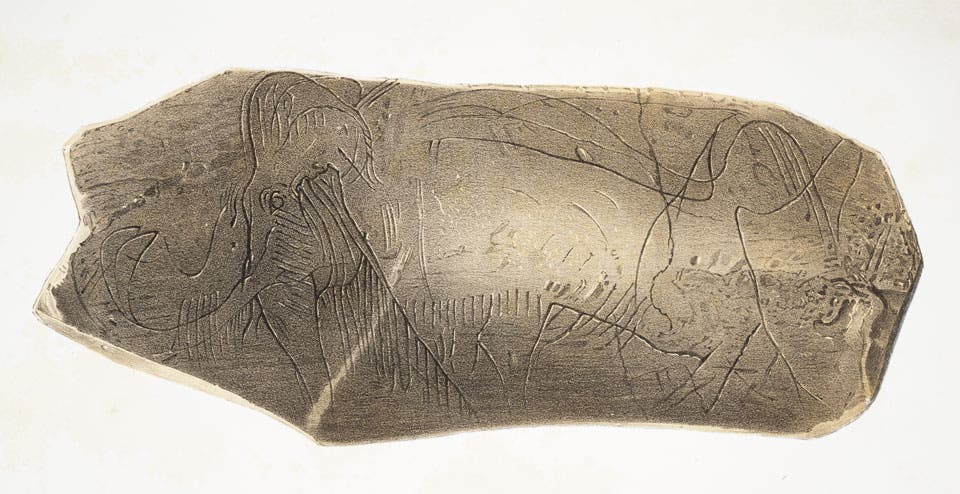The Descent of Man, 1871
Darwin, Charles (1809-1882). The Descent of Man: And Selection in Relation to Sex. London: John Murray, 1871.
Charles Darwin did not discuss human ancestry in The Origin of Species (1859), not because he believed that humans were exempt from the evolutionary process, but because he felt he was already ruffling enough feathers without venturing into the thorny question of human origins. It was not until twelve years later that Darwin published The Descent of Man, in which he made clear his belief in human evolution. His arguments were not drawn from stone tools, or primitive skulls, but from observations on behavior, and what Darwin called sexual selection. Darwin thought that many of the traits that make us “human” would have been attractive to prospective mates and would have been selected for in the struggle for existence. After Darwin’s Descent of Man, the questions of human evolution and human origins became inextricably entwined.

